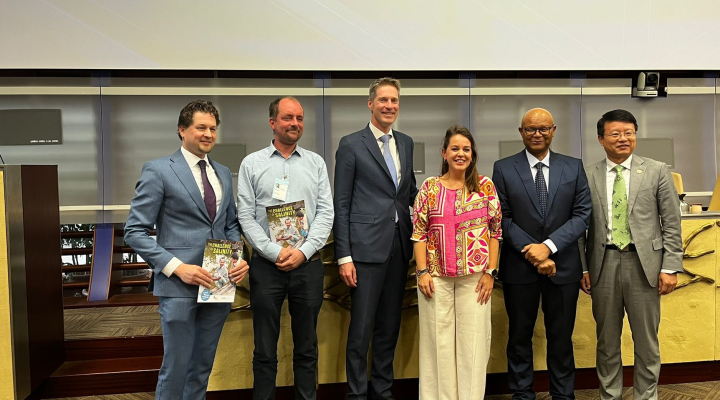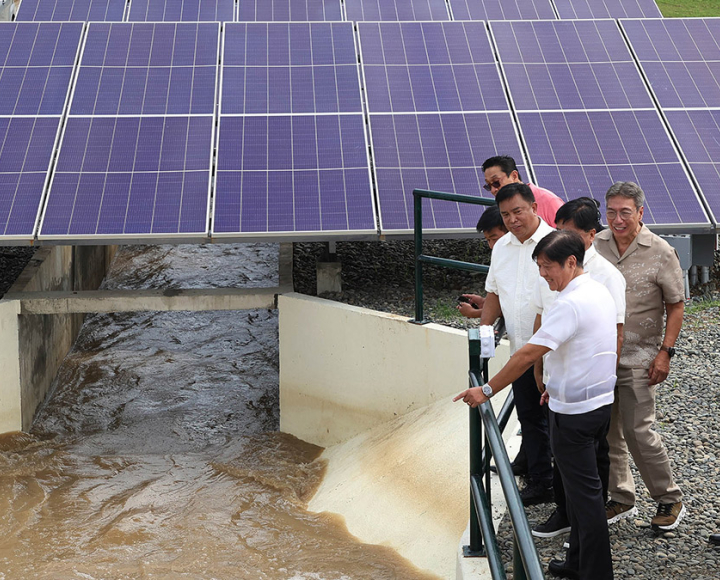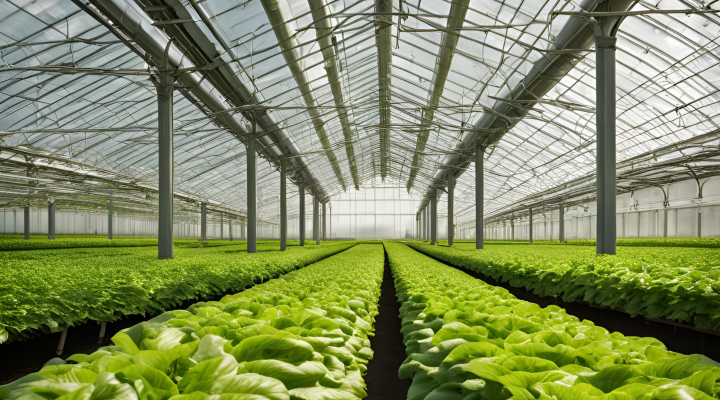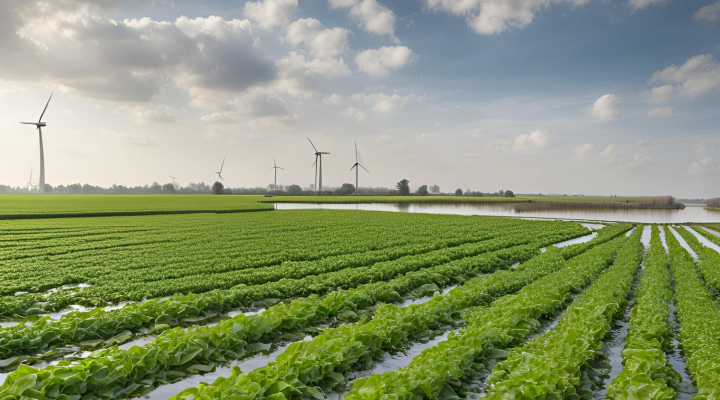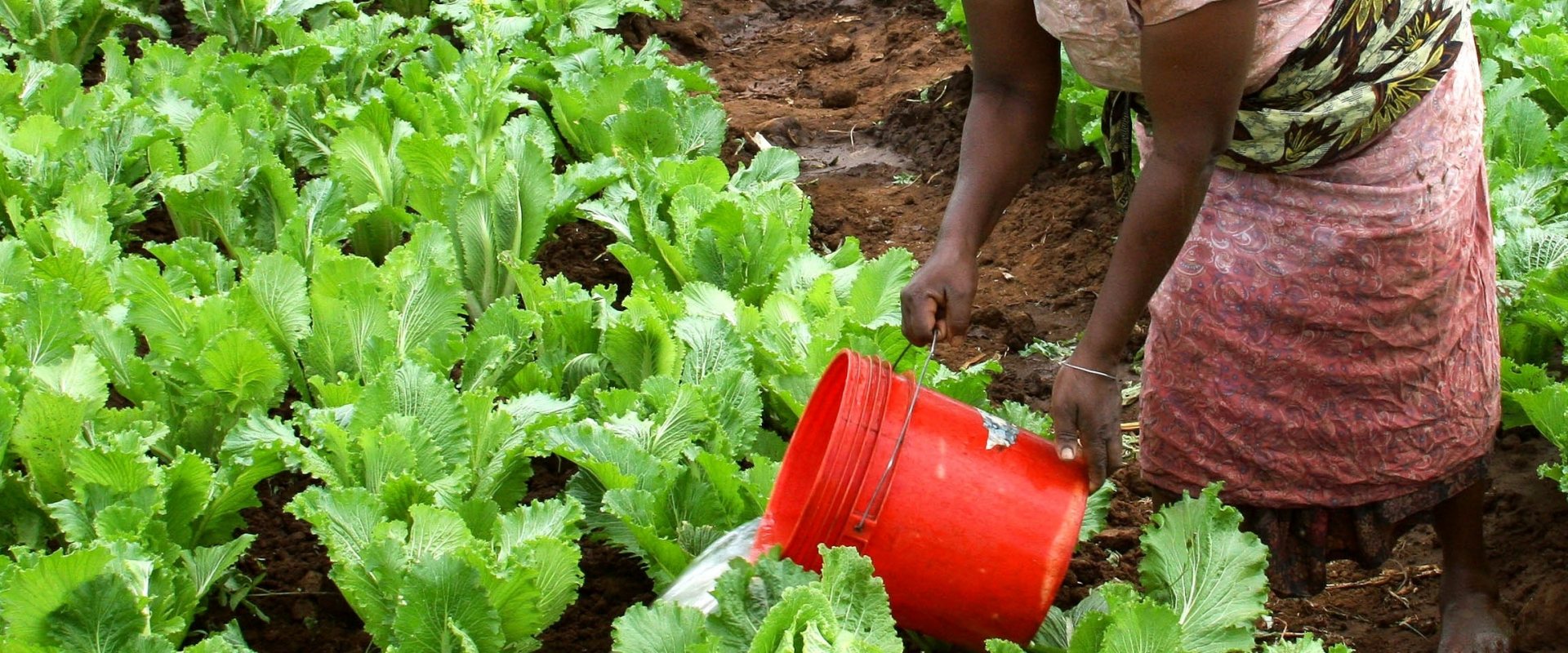
New programme supports business case development Water for Food
Water and agriculture are inextricably linked. Yet, there aren't many examples that showcase a strong business case on this interlinkage. The new Water for Food Programme announced to support three projects in 2022 with their business case development, to create cross-sectoral solutions in promising markets to issues on the interface of water and food.
The three projects kicked off late December 2021.
Potential of water and agriculture
The Water for Food Programme helps find solutions in the area of food security and sustainable water management. In response to a Call for Proposals, many organisations in the Dutch water sector and their agrifood partners submitted promising projects. Out of the 42 submitted project proposals, three were selected to receive financial support. The Programme is an initiative of the Netherlands Water Partnership (NWP) and is supported by the Netherlands Ministry of Agriculture, Nature and Food Quality (LNV).
The Call for Proposals' review committee was highly impressed with the quality of the submissions. "Water projects on the interface with agriculture have plenty of potential. The high number of responses to the Call for Proposals shows the great need in the sector for support to help roll out good ideas and technologies."
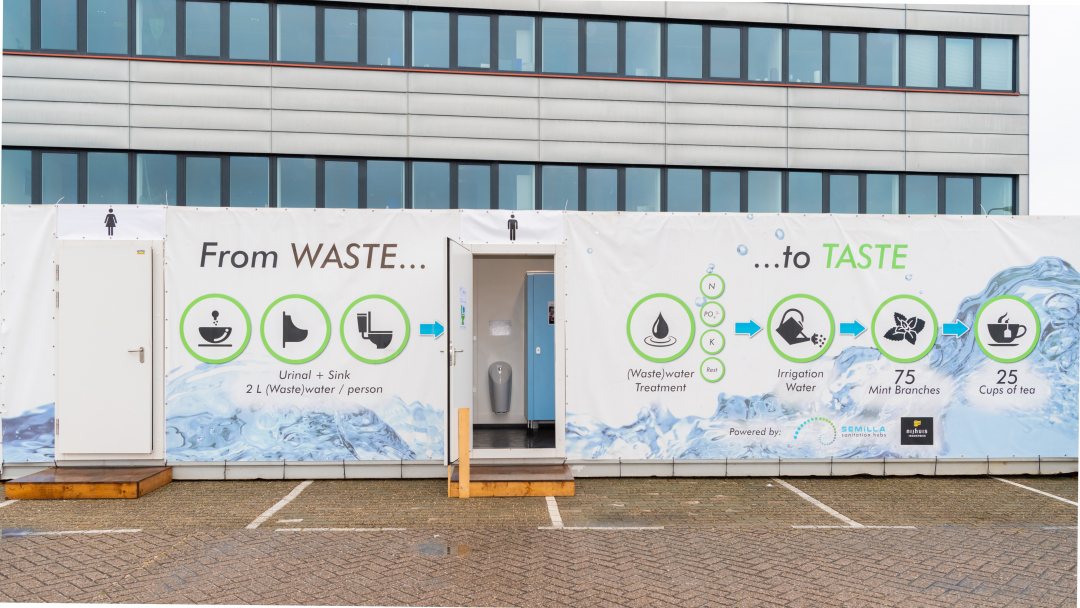

From waste to taste
One of the projects selected was submitted by Semilla Sanitation and SkillEd, working with Cordaid Uganda to provide local technical assistance. They presented a Closed Loop Concept or CLC in which wastewater from pit latrines in a refugee camp in Uganda, is processed into valuable products like biogas, compost and irrigation water. These products in turn are used to grow food, including fruit trees and vegetables. The financial support period will be used to validate the business case for the compost and irrigation water used for fruit tree nurseries and for fruit and vegetable farmers respectively.
The consortium also refers to its project with the slogan 'From Waste to Taste'. "Pit latrines cause groundwater pollution with nitrogen, which makes it extremely difficult to turn it back into drinking water. The Closed Loop Concept treats faecal sludge collected from pit latrines and produces compost and irrigation water for food crops, resolving this burning issue", according to the consortium.
Other projects that received support are the Agrometeorological forecasts and advisories for climate-proof food production project in Bangladesh by Weather Impact and New Amsterdam Consult project with local partner Delta Research Initiative.
And the Smart Irrigation Management project in Ghana by Holland Greentech and TAHMO (Trans-African Hydro-Meteorological Observatory).
Impact on local level
Applicants to the Water for Food Programme Call were given free reign regarding the choice of location and sub-theme of their projects. This was one of the principles, along with a focus on business cases and scalability, of the programme's design which emerged after active consultations with the Dutch sector. The proposals were assessed on the sustainability and inclusivity of the project and its impact at local level, on the specific water contribution element, on the contribution to food security, and particularly on the scalability and financial feasibility of the business case.
Through the Water for Food Programme, NWP wants to offer organisations support to further work out and test their international business cases. The cross-sectoral approach and the focus on financially viable local business cases in the most promising markets are critical aspects of the Programme.
Integrated approach
The Water for Food Programme was created by NWP in 2021. NWP saw the clear need for this type of programme in the Dutch water sector. Bianca Nijhof, Managing Director Netherlands Water Partnership: "NWP sees viable opportunities in the interface between water and other areas to stimulate practical action towards the 2030 Agenda for the Sustainable Development Goals. Water & agrifood is one of the important themes where NWP and its agrifood partners such as LNV can create opportunities for the Dutch water sector."
The Netherlands is a global leader in both agriculture and water management. Despite major efforts, there are still too few concrete success stories that demonstrate the business case of an integrated approach to water for food. The Water for Food Programme is rectifying this by stimulating and facilitating the Dutch water sector and their national and international agrifood partners to design and test business cases in this nexus.




